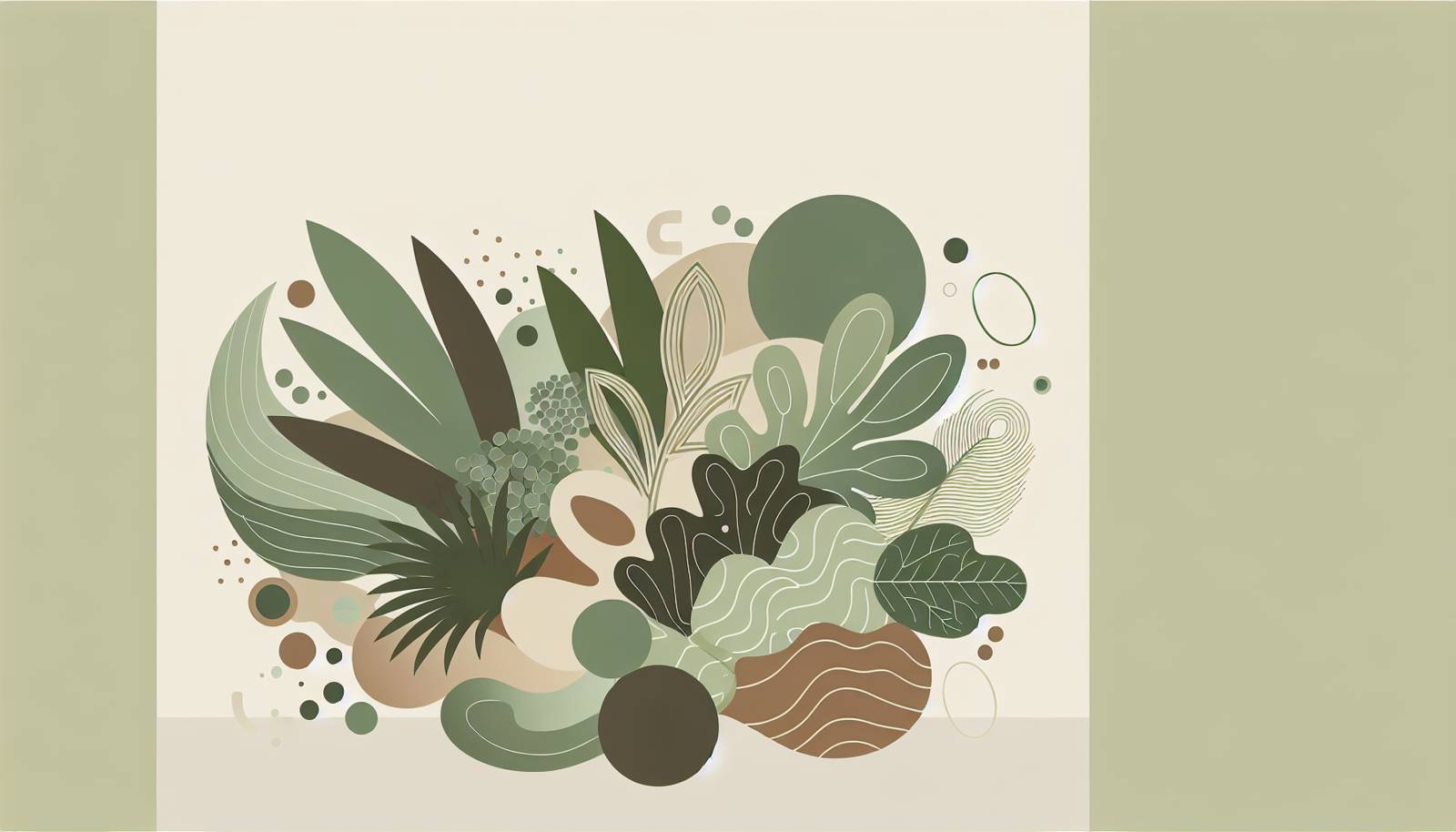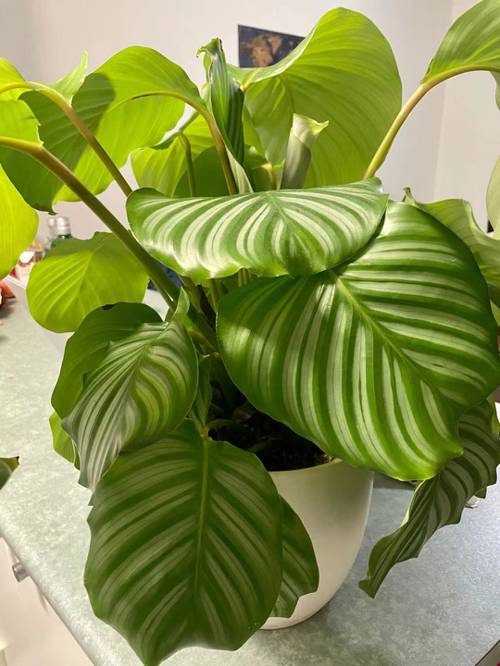
FAQ About Choosing Eco-Friendly Indoor Plant Accessories

What are eco-friendly indoor plant accessories?
Eco-friendly indoor plant accessories are products used in the care and maintenance of houseplants that are made from sustainable, biodegradable, or recycled materials. These accessories aim to minimize environmental impact by reducing waste and conserving resources.

Why should I choose eco-friendly plant accessories?
Choosing eco-friendly plant accessories helps reduce environmental harm by supporting sustainable practices. These products often come from renewable resources, minimize plastic waste, and support ecosystem conservation. Additionally, they can improve your indoor air quality by avoiding harmful chemicals.

What materials should I look for in eco-friendly pots and planters?
Eco-friendly pots and planters are typically made from materials such as bamboo, recycled plastics, terracotta, or biodegradable coir. These materials are sustainable and have a lower environmental footprint compared to traditional plastic pots.

Are there sustainable options for plant watering cans?
Yes, sustainable options for plant watering cans include those made from recycled metal or high-quality stainless steel. Some brands also offer watering cans made from recycled plastic, ensuring durability while reducing plastic waste.

What eco-friendly fertilizers are available for indoor plants?
Eco-friendly fertilizers for indoor plants include organic compost, worm castings, and liquid seaweed extract. These natural fertilizers enhance soil health without the use of synthetic chemicals, promoting sustainable gardening practices.

How can I ensure my plant pots are biodegradable?
To ensure plant pots are biodegradable, look for labels or certifications that indicate the material composition. Biodegradable pots are often made of peat, coir, or other organic fibers. These materials break down over time, returning nutrients to the soil.

Can I recycle old plant pots, and how?
Yes, old plant pots, especially those made from plastic, can often be recycled. Check with your local recycling facility to see if they accept such items. Additionally, consider repurposing them within your home or garden as storage or decor.

What are eco-friendly plant stands made of?
Eco-friendly plant stands can be crafted from sustainable materials such as bamboo, recycled metal, or reclaimed wood. These options not only support environmentally friendly practices but also add a natural aesthetic to your indoor space.

How do biodegradable plant trays benefit the environment?
Biodegradable plant trays, made from materials like compressed paper or peat, break down naturally into the soil, reducing landfill waste. They help support healthy plant root development and promote eco-friendly gardening practices.

What to consider when buying eco-friendly pest control products for plants?
When buying eco-friendly pest control products, look for natural, non-toxic ingredients like neem oil, insecticidal soap, or diatomaceous earth. These options target pests while keeping your plants safe and reducing chemical exposure to the environment.

Are there eco-friendly alternatives to plastic plant markers?
Yes, there are eco-friendly alternatives to plastic plant markers. Consider using sustainable options like bamboo sticks, wood, or even repurposed wine corks. These materials are biodegradable and can be easily customized.

Does using eco-friendly accessories affect plant health?
Using eco-friendly accessories can positively impact plant health. These products often hold moisture effectively and provide adequate ventilation, which are critical for root development and overall plant vitality. Additionally, they avoid chemicals that could harm plants.

How can I make my plant care routine more sustainable?
To make your plant care routine more sustainable, consider using natural fertilizers, composting plant waste, and using eco-friendly pest control methods. Also, select accessories made from recycled or sustainable materials and avoid disposable products.

What is the impact of conventional plant accessories on the environment?
Conventional plant accessories, especially those made from non-recyclable plastics and synthetic chemicals, contribute to environmental pollution and landfill waste. They often have a higher carbon footprint due to the energy-intensive manufacturing processes involved.

Are there certifications to look for when choosing eco-friendly plant products?
Yes, certifications such as USDA Organic, FSC (Forest Stewardship Council) for wood products, and the Rainforest Alliance seal can help identify eco-friendly plant products. These labels ensure the products meet specific environmental and sustainability standards.

What sustainable materials are used in making plant mister bottles?
Sustainable plant mister bottles are often made from recycled glass or high-quality stainless steel. Some brands also use recycled plastics to create durable, eco-friendly misters that help maintain plant humidity without harming the environment.

Can using sustainable plant accessories save me money?
Yes, using sustainable plant accessories can save money in the long run. Eco-friendly products tend to be more durable, reducing the need for frequent replacements. They can also decrease the reliance on chemical fertilizers and pesticides, cutting costs over time.

How do recycled and upcycled materials fit into eco-friendly plant care?
Recycled and upcycled materials are integral to eco-friendly plant care by reducing waste and conserving resources. Using such materials for plant pots, stands, and other accessories minimizes the environmental impact and promotes sustainable practices.

What are some brands known for eco-friendly plant accessories?
Brands like Bloem Living, EcoForms, and Modern Sprout are known for producing eco-friendly plant accessories. These companies focus on using sustainable materials and environmentally friendly designs to provide eco-conscious gardening solutions.

Are bamboo plant accessories truly sustainable?
Bamboo plant accessories are considered sustainable because bamboo is a fast-growing, renewable resource that requires minimal pesticides and fertilizers. It can be harvested without causing damage to the environment, making it an excellent choice for eco-friendly products.
